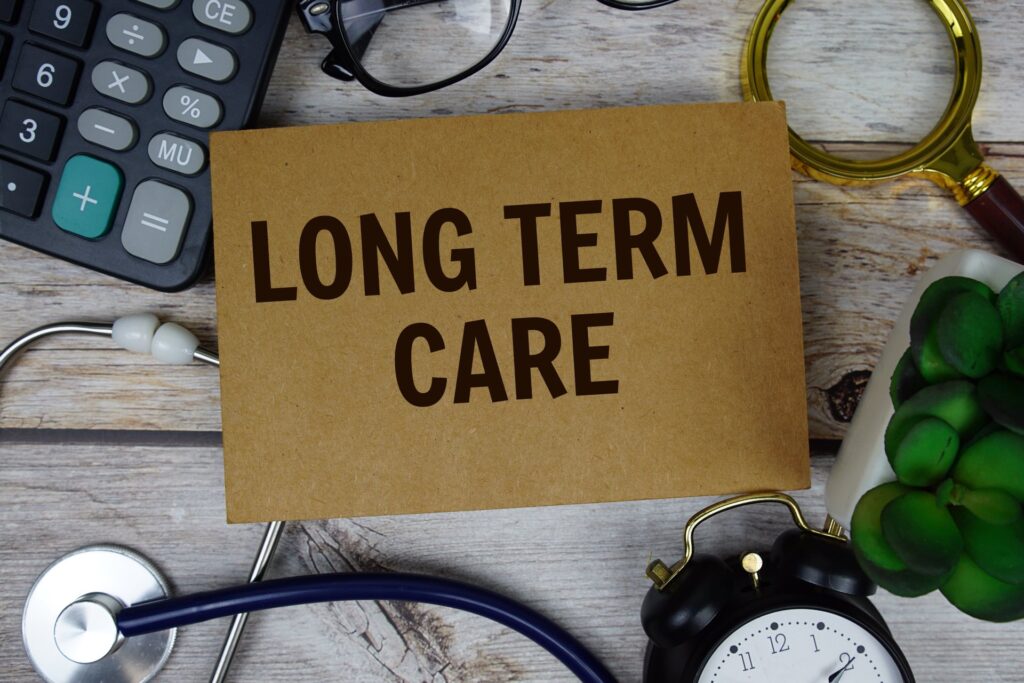
While it may seem like planning for your long-term care is still several years away, it’s highly advisable to explore your options and create a solid strategy well before the time comes. Medicaid, a program that is funded by both the federal and state governments and is managed by each individual state, offers health coverage for low-income aging individuals. However, many people assume that they will not qualify for Medicaid coverage because they have too many assets, so they neglect to explore how this program could help them develop a comprehensive plan for long-term care. In actuality, there are many ways to adjust your assets so that they will not be counted towards your Medicaid eligibility. Let’s take a look at how planning for your long-term care right now can ensure that your final years remain stable and bright.
Washington is a “Medically Needy” State
There are currently 33 states, including Washington, that offer medically needy programs. If you are currently struggling with costly medical bills but you don’t think your income is low enough to qualify for Medicaid, it’s worth taking a look at how Washington’s medically needy program works. Essentially, any medical expenses you owe are deducted from your income, and if the remaining amount is within the state’s income limit, you may be eligible to receive Medicaid benefits based on your status as “medically needy.” It’s important to remember that each state has a slightly different period during which this calculation applies, and you will have to re-qualify for Medicaid after each period ends. However, this is a solid option to explore if your income is too high but you are also facing significant medical costs.
Adjusting Your Countable Assets
In order to qualify for Medicaid coverage, your number of “countable” assets must fall below a certain threshold. However, there are also several non-countable assets that do not affect Medicaid eligibility, so it is a good idea to start shifting your countable assets into non-countable assets so that you can become eligible for Medicaid benefits. In most states, if you have a second home, or an excess of $2,000 in countable assets such as cash, savings, retirement accounts, or investment accounts, you will not qualify for Medicaid. Non-countable assets consist of one primary home, one vehicle, term life insurance, personal items (such as jewelry or other heirlooms), and household assets, like appliances. It’s worth it to speak to a knowledgeable elder law attorney who can help you explore strategies for converting many of your countable assets into non-countable assets. The more you are able to take steps today towards protecting your future, the greater your chances of enjoying high-quality long-term care.
Taking Action Today
One of the most valuable aspects of long-term planning is taking the time to fully explore your options. Even if you don’t think you’ll need long-term care in the near future, it’s not too early to begin creating sensible and effective strategies for ensuring that you enjoy a bright and stable future, no matter where life takes you. Contact the dedicated and experienced attorneys at Legacy Law Group today at (509) 315-8087 to get started.




